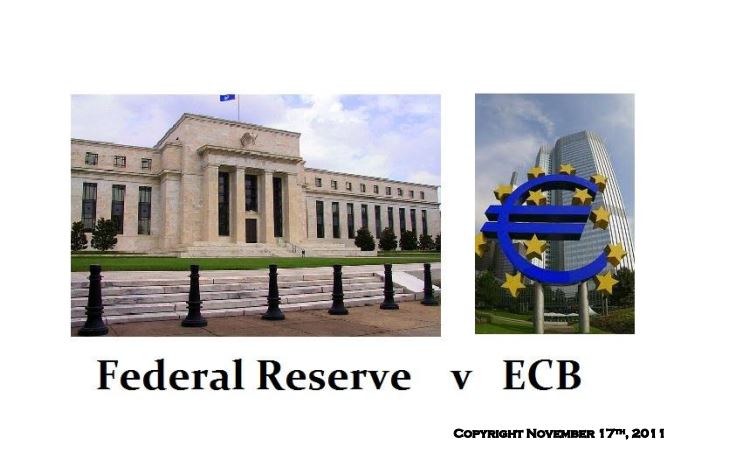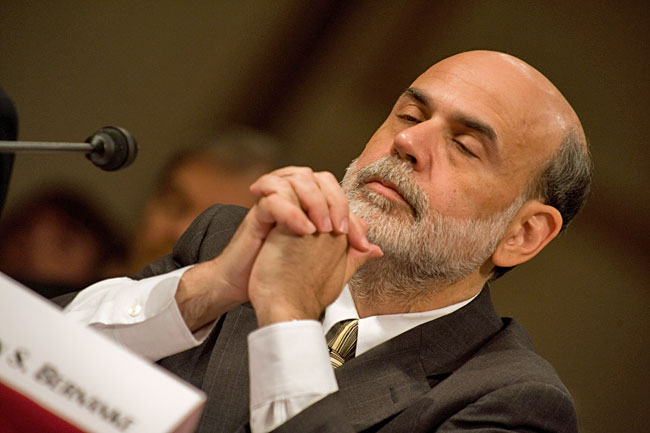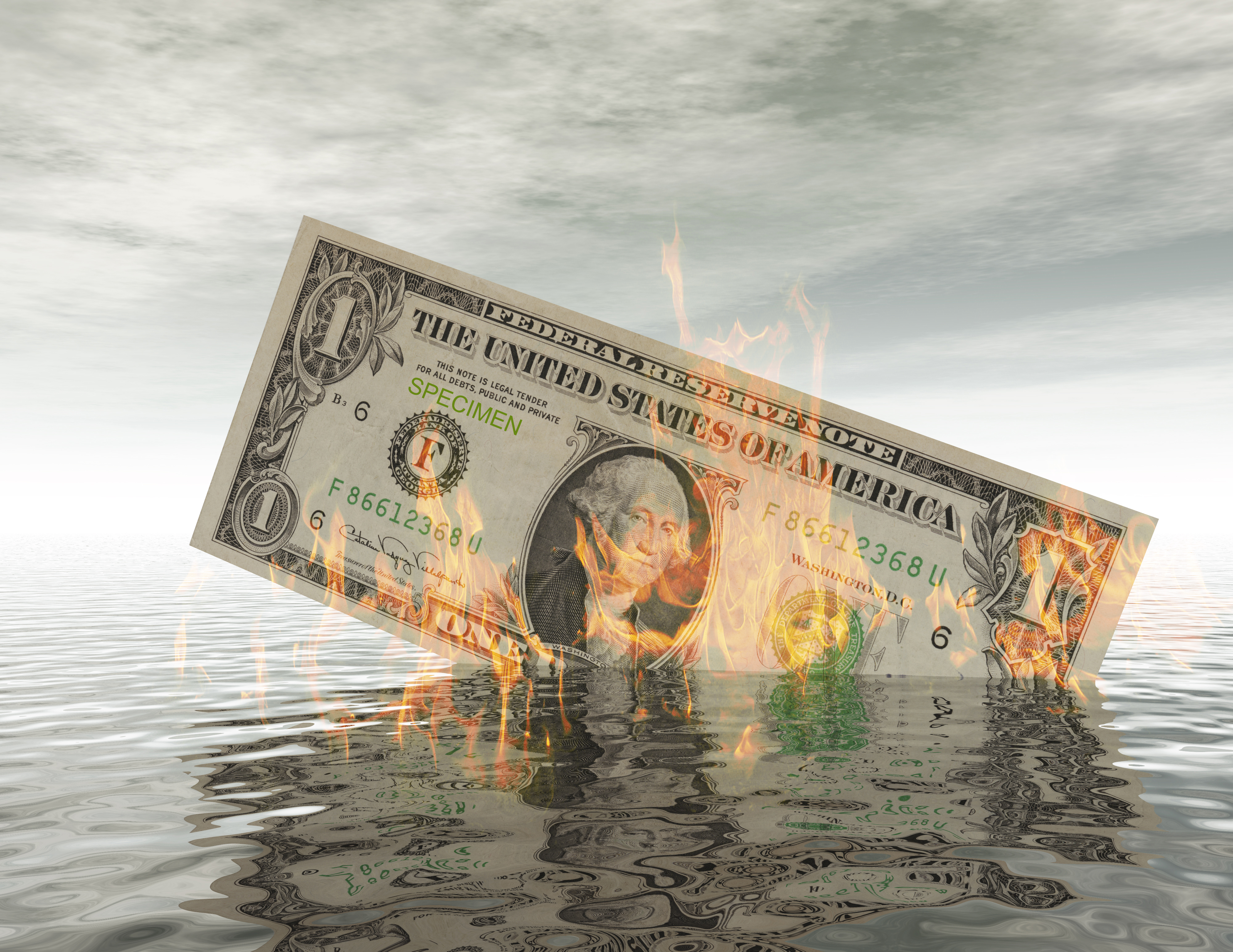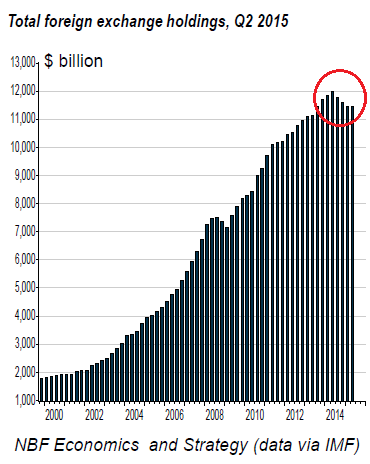COMMENT: If the Fed is so smart and understands the problem with low/negative interest rates, then why didn’t it hike rates in September? Better yet, why didn’t they raise rates YEARS ago? The Fed has kept rates near zero for seven years but now suddenly realizes that this is a problem?
I am surprised that you think so highly of them. The Fed consists of a bunch of academics with no real-world experience, no different than the ECB.
 REPLY: Your bias and prejudice blind you. The ECB is run by Mario Draghi who is ex-Goldman Sachs. Mario Draghi faces a currency that is collapsing and a power structure that is fundamentally flawed. This is entirely different from the problems facing the Fed. Europe is in deep recession that is intensely deflationary. That is not the case yet in the USA.
REPLY: Your bias and prejudice blind you. The ECB is run by Mario Draghi who is ex-Goldman Sachs. Mario Draghi faces a currency that is collapsing and a power structure that is fundamentally flawed. This is entirely different from the problems facing the Fed. Europe is in deep recession that is intensely deflationary. That is not the case yet in the USA.
 Yellen has inherited a nightmare. It was Ben Bernankewho made the mess we are in today. He lowered rates, bought in long-term bonds the Fed cannot now sell and must wait for them to simply mature. Yellen is trapped for she cannot reverse QE and sell the bonds Bernanke bought and she is facing a meltdown in pension funds because rates are too low for too long. Yellen has no escape. You are also blind to how politics functions and all you are doing is listening to the bullshit that is spun by pretend analysts who know nothing about what really goes on behind the curtain.
Yellen has inherited a nightmare. It was Ben Bernankewho made the mess we are in today. He lowered rates, bought in long-term bonds the Fed cannot now sell and must wait for them to simply mature. Yellen is trapped for she cannot reverse QE and sell the bonds Bernanke bought and she is facing a meltdown in pension funds because rates are too low for too long. Yellen has no escape. You are also blind to how politics functions and all you are doing is listening to the bullshit that is spun by pretend analysts who know nothing about what really goes on behind the curtain.
 The mere fact that the IMF came out publicly to ask the Fed not to raise rates in June was a political maneuver to counteract Yellen. Things of this nature are discussed behind the curtain – never in front. The IMF turned to the press to STOP Yellen because she would have raised rates back in June. It was Ben Bernanke who listened to the bankers and created insanity.
The mere fact that the IMF came out publicly to ask the Fed not to raise rates in June was a political maneuver to counteract Yellen. Things of this nature are discussed behind the curtain – never in front. The IMF turned to the press to STOP Yellen because she would have raised rates back in June. It was Ben Bernanke who listened to the bankers and created insanity.
…click on the above link to read the rest of the article…
















